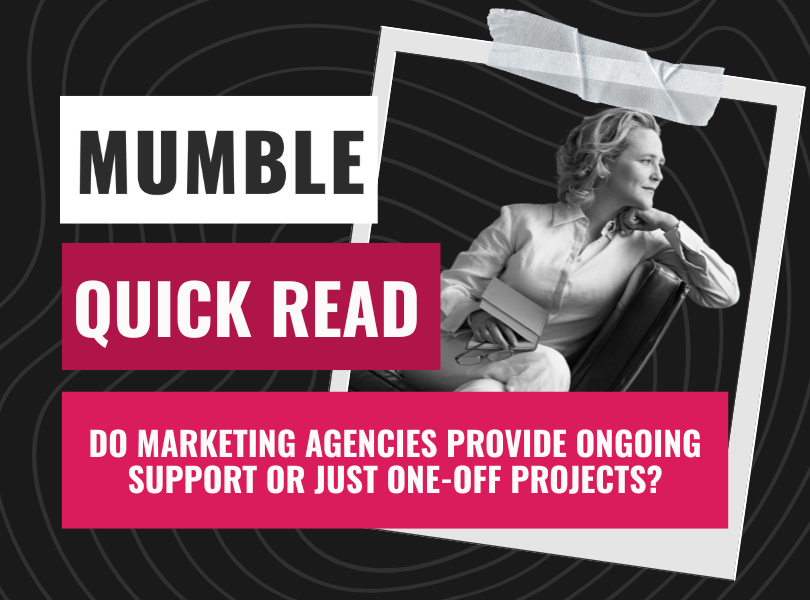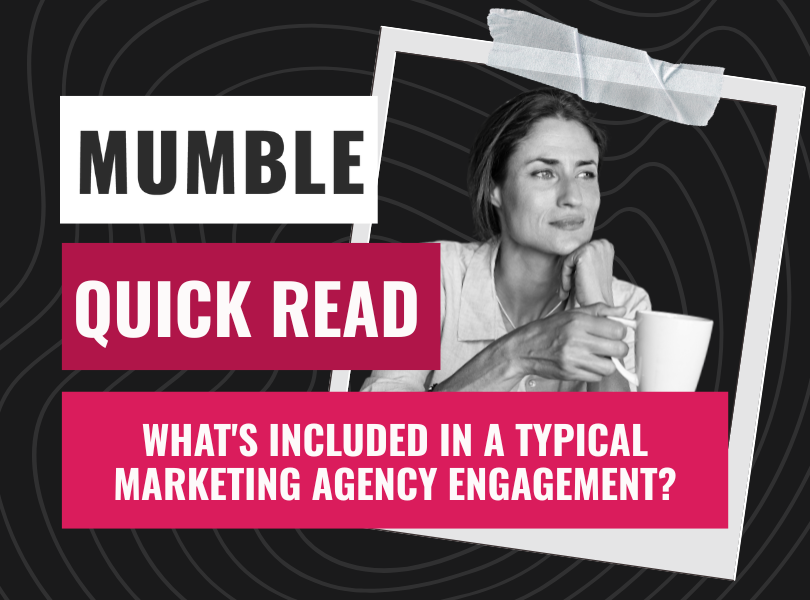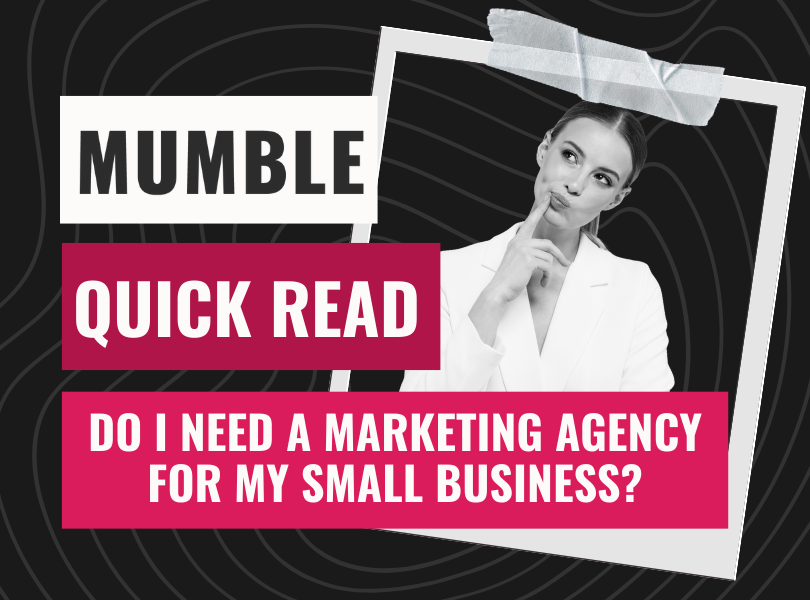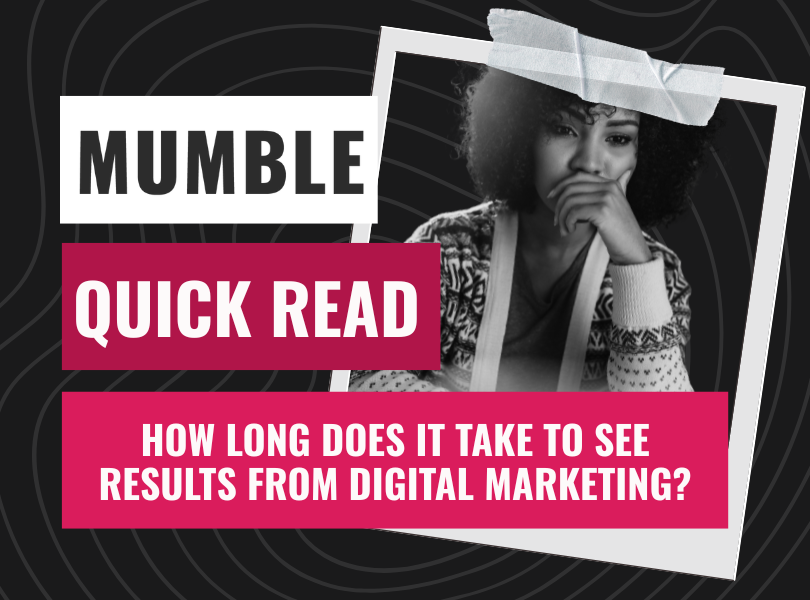WPP Media Wins Mastercard’s $180 Million Global Media Account
WPP Media has secured Mastercard’s global media account, valued at $180 million, ending a ten-year partnership with Carat. This major shift reflects how technology, data, and AI are shaping the future of global media partnerships.
A Major Shift in Mastercard’s Media Strategy
End of a Decade with Carat
Since 2014, Carat, part of Dentsu, has managed Mastercard’s media business worldwide. After a decade of collaboration, Mastercard has now chosen WPP Media to take over global media strategy, planning, and buying.
Carat issued a statement thanking Mastercard for their trust and wishing the company success in its future initiatives, marking a respectful close to a long-standing partnership.
Why Mastercard Chose WPP Media
In its announcement, Mastercard highlighted WPP Media’s strength in AI, data capabilities, and its ability to operate at scale across more than 70 international markets. The company explained that it is looking for media partnerships that are more integrated and better aligned with its evolving business needs.
Alongside WPP Media’s new role, Ogilvy will remain Mastercard’s global social agency partner, while McCann continues as creative agency of record.
What This Win Means for WPP Media
A Turnaround After Setbacks
The win comes at an important moment for WPP. The agency, which rebranded from GroupM in May, has faced a turbulent year. It stepped away from PayPal’s global account earlier this year, lost Coca-Cola North America’s media business to Publicis Groupe, and is also amid a leadership transition with Cindy Rose set to take over as CEO on 1 September.
Securing Mastercard’s global account is a major boost and positions WPP Media strongly as it enters a new chapter.
WPP’s AI and Data-Led Approach
Cindy Rose described Mastercard as “one of the world’s most respected and trusted brands, at the heart of global commerce.” She emphasised that WPP’s investment in AI and data-driven solutions is key to how the company plans to deliver intelligent growth for clients.
This focus on technology is clearly paying off, with Mastercard citing these capabilities as a deciding factor in its choice.
What This Means for Smaller Agencies
When big wins like this make headlines, it can feel like the global players are in a league of their own. And in many ways, they are. Few of us independent agencies that could realistically compete for a $180 million global media account. But that does not mean smaller agencies should feel shutout.
What stands out here is that Mastercard’s decision was not only about scale, but about innovation and integration. That is where us smaller agencies often shine. While WPP can deliver global reach and advanced AI systems, smaller agencies can offer agility, deeper specialisation, and closer client relationships.
For smaller agencies, the lesson is clear: lean into the unique advantages you already have. Whether that is speed of execution, unmatched creativity, niche expertise, or the ability to experiment in ways larger agencies cannot, those qualities are becoming more valuable as brands look for partners who can complement their larger media networks.
Smaller agencies should also pay attention to the way AI and data are influencing decisions. While we may not have the same resources as WPP, investing in accessible AI tools, analytics, and automation can make a meaningful difference in the work we deliver. Clients increasingly expect their agencies, regardless of size, to bring smart solutions to the table.
In short, smaller agencies do not need to compete head-to-head with global networks to stay relevant. Instead, they can thrive by being personal, innovative, and focused, qualities that even a $180 million win cannot necessarily buy.
.png)





